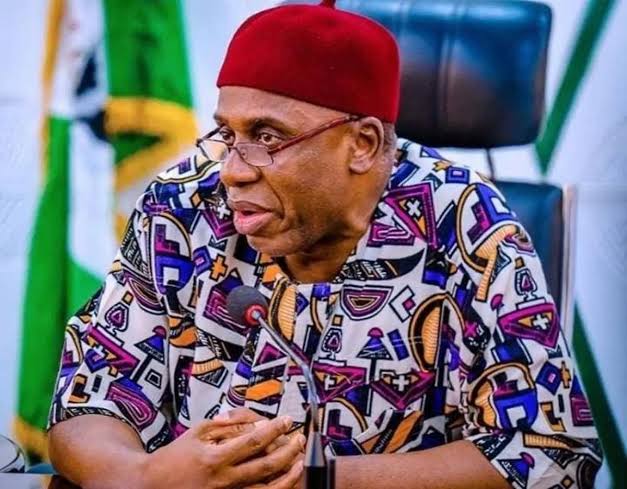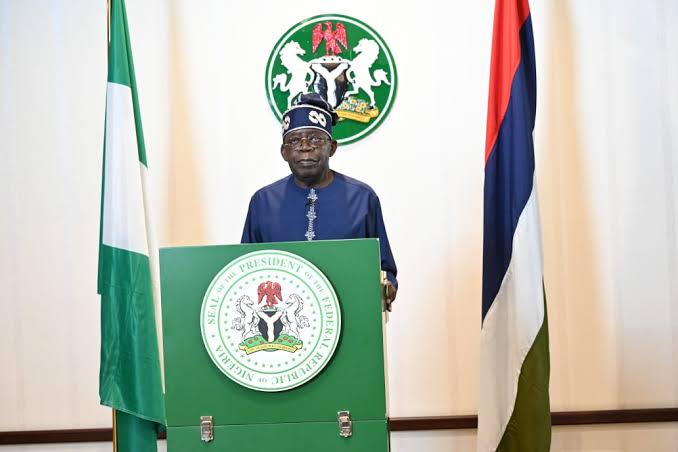Former Minister of Transportation, Rotimi Amaechi, has expressed readiness to join forces with like-minded politicians to challenge President Bola Tinubu in the 2027 general elections.
Amaechi, a founding member of the All Progressives Congress (APC) and former Rivers State governor, made the comments in a recent BBC interview. He voiced deep concern over the country’s worsening economy, rising hunger, and growing insecurity.
“People are dying. People are starving. I myself am feeling the effects of hunger,” he said.
Although he has not officially declared his intention to run, Amaechi said he was open to contesting in 2027.
“Certainly, I believe I can make a meaningful contribution,” he added.
Amaechi said belonging to the APC does not mean offering blind support to the government.
“If the government is failing the country, you don’t just go along because you’re in the same party. That’s not right,” he stated.
He stressed the need to speak truth to power and reflect the frustrations of ordinary Nigerians. Amaechi confirmed ongoing talks with concerned citizens to form a coalition that can offer real change.
His comments come just weeks after APC leaders endorsed Tinubu as the party’s sole candidate for 2027. Despite that, Amaechi believes Nigerians need better options.
The former minister is not alone in seeking an alternative. Other figures such as Atiku Abubakar of the PDP and Peter Obi of the Labour Party are also discussing a united opposition. Nasir El-Rufai, former Kaduna State governor and Tinubu ally, recently confirmed a similar effort.
Hunger, Insecurity, and a Deteriorating Nation
Amaechi shared a grim personal experience to illustrate the crisis. He saw a corpse by the roadside, an image he blamed on food insecurity.
“The truth is, I’m also feeling the hunger,” he said.
He described Nigeria as stagnant and in urgent need of redirection. He recalled that during his time as Chairman of the Nigeria Governors’ Forum, there were about 10 million out-of-school children. That figure has now increased.
Amaechi also condemned the rise in insecurity. He cited persistent farmer-herder clashes, rampant kidnappings, and the resurgence of Boko Haram attacks.
“Boko Haram is not a religious crisis. Many of those involved are driven by hunger and desperation,” he argued.
A recent report by the National Human Rights Commission revealed that 570 people died in April 2025 alone.
Despite claims that his political influence has waned, especially in Rivers State, Amaechi disagrees.
“Go to Port Harcourt and ask around, from the airport, you’ll see for yourself,” he said.
As Nigeria inches closer to 2027, Amaechi’s bold stance signals growing tension within the ruling party, and renewed efforts to chart a different political path.












